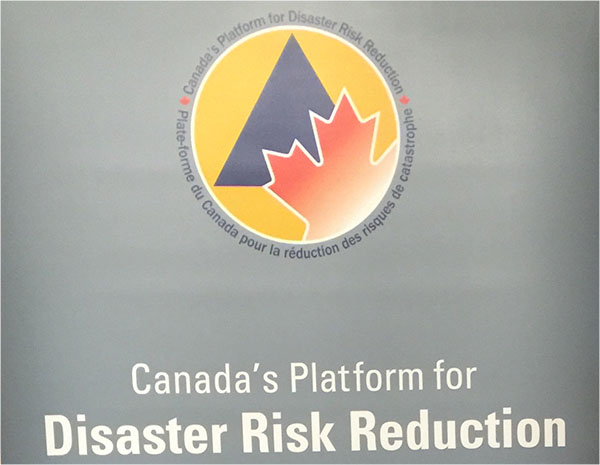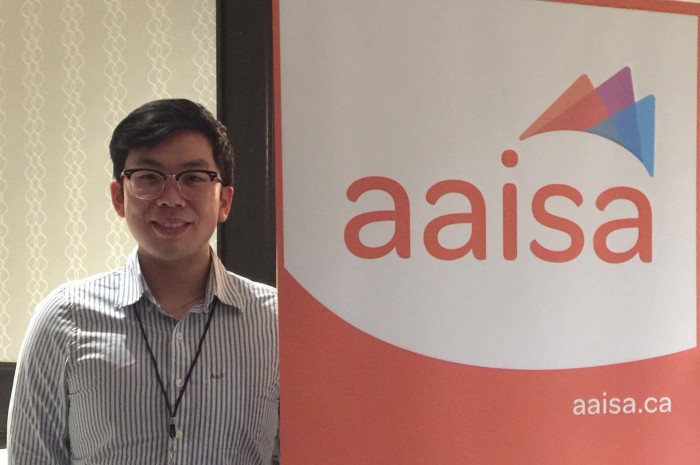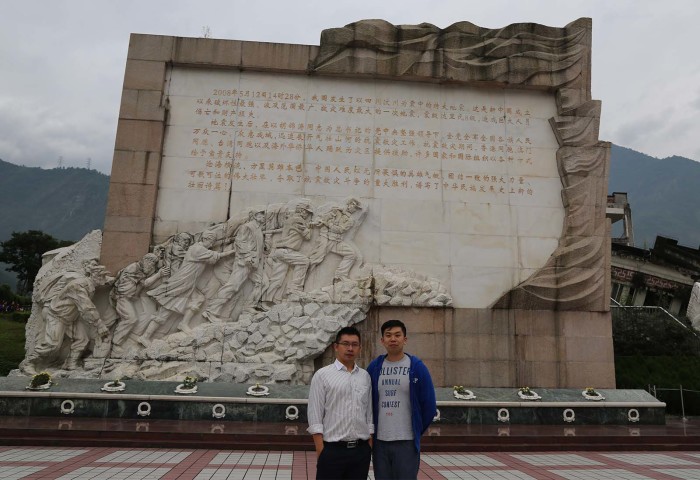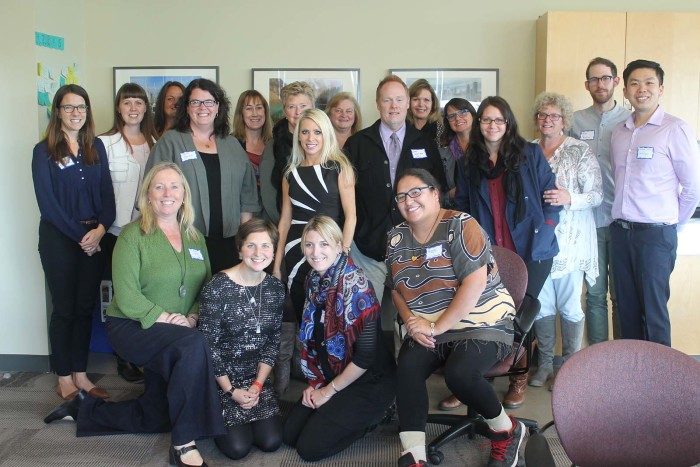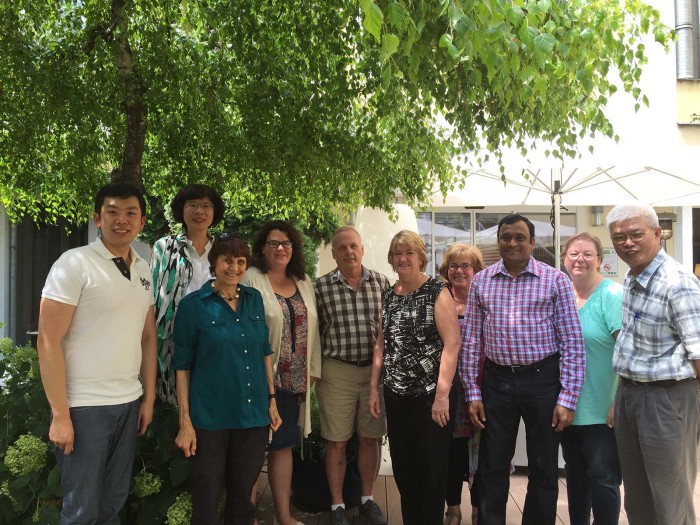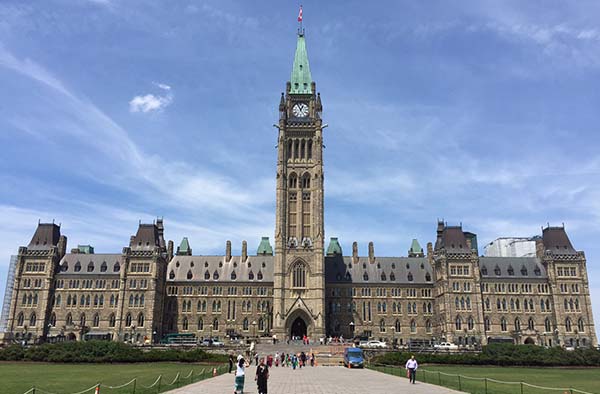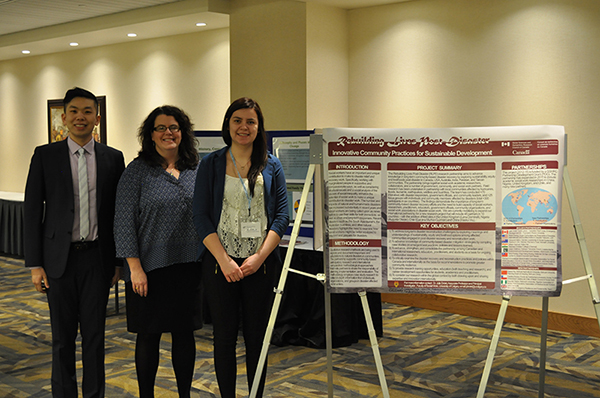Home
Welcome to Wu’s Lab – Building a Culture of Community Resilience

Global extreme events, caused by natural hazards (e.g., wildfires and epidemics), technological accidents (e.g., traffic accidents and radiation), and intentional, willful acts of violence (e.g., terrorism and mass shootings) have been increasing in frequency, intensity, magnitude, and scope, keeping pace with population growth and expansion, and infrastructure sprawl. Such extreme events have been exerting catastrophic impacts on human settlement. Communities need to improve their capacity to prepare for, respond to, adapt to, and recover from extreme events. This type of capacity is understood as resilience – a shared responsibility among citizens, organizations/institutions, and nations at individual, family, and community levels. As an interdisciplinary disaster researcher, Dr. Wu utilizes a transdisciplinary, community-participatory approach to explore human-environment interplay in the global context of climate change, disaster, and diverse crisis. His research aims to build resilience at the individual, family, and community levels by incorporating the following two core values:
(i) Environmental Justice: providing benefits of the environment to underserved populations (e.g., Indigenous, gender and sexual minorities, ethnic minorities, older adults, children and youth, people experiencing homelessness, people living with (dis)Abilities, and immigrants and refugees), enhancing their physical health, mental wellness, and overall well-being;
(ii) Social Justice: empowering vulnerable and marginalized communities’ leadership in their community’s social development efforts made for climate change adaptation and disaster risk reduction.
Dr. Wu perceives community engagement and empowerment as a powerful driving force to strengthen inclusive leadership and respectful engagement in community-based disaster efforts and to inform community-driven policy decision-making toward building resilience through three levels of intervention:
(i) Micro Level
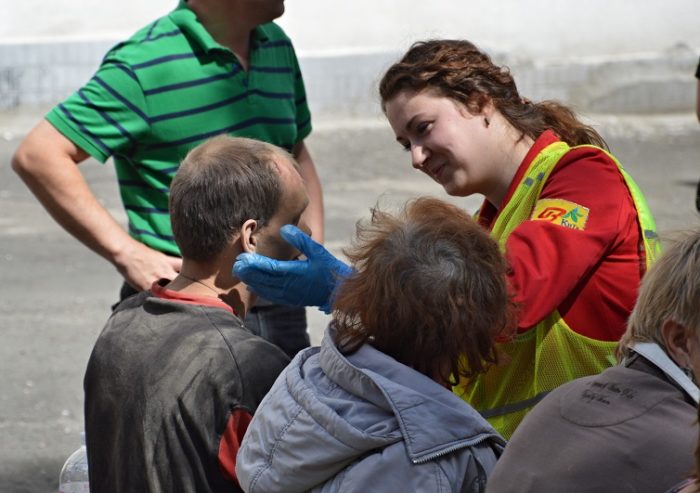
At the micro level, he has developed a social protection approach that contributes to a nuanced understanding of the compounded negative influences associated with different societal dimensions (e.g., social, cultural, ecological, economic, and political) on residents’ vulnerabilities in disaster settings. This understanding enables customized services and support to help the residents to prepare for, respond to, adapt to, and recover from extreme events.
(ii) Mezzo Level
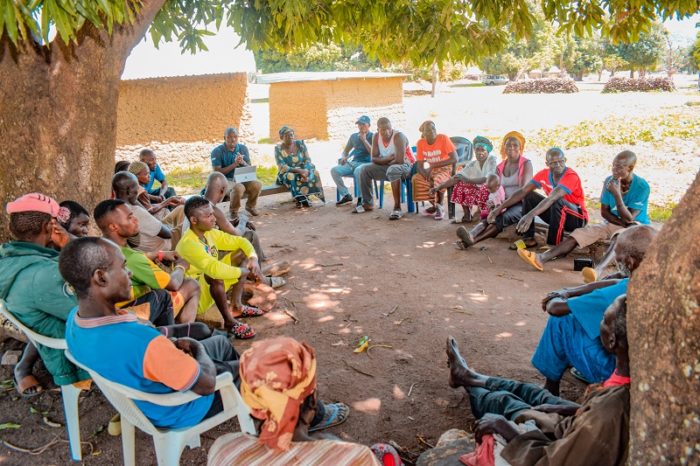
At the mezzo level, he uses an asset mapping method to advance community and/or organizational disaster efforts, assisting these communities and organizations to identify their strengths and weaknesses associated with disaster preparedness, emergency response, post-disaster reconstruction, and post-disaster recovery. He has designed various training modules that encourage practitioners to customize their interventions, in order to better serve affected individuals, families, and communities, while supporting their individual and collective health and well-being.
(iii) Macro Level

At the macro level, he applies the Science of Team Science (SciTS) framework to support governmental, private, and non-profit sectors to swiftly identify and coordinate community-based professionals to respond to hazards and disaster research, practice, and policymaking. This approach enhances the multi-disciplinary, multi-stakeholder engaged efforts to achieve climate change adaptation and disaster risk reduction.
KNOWLEDGE MOBILIZATION
CANADIAN’S IMPLEMENTS TOWARDS THE SENDAI FRAMEWORK
The 6th Annual National Roundtable on Disaster Risk Reduction was held in Calgary, Alberta on November 2 and 3. Based on the United Nations’ Sendai Framework 2015-2030, this roundtable gathered professionals in the fields of disaster risk reduction and crisis management to decipher Canadian implements towards the Sendai Framework in order to chart the future of disaster risk reduction in Canada.
In the keynote presentation, the special representative for the United Nations’ secretary-general for disaster risk reduction, Ms. Margareta Wahlström, highlighted the social dimension in the Sendai Framework and requested all the professionals in the fields of climate change adaptation and disaster risk reduction to concentrate on the local residents, especially the vulnerable groups’ social roles in the pre-disaster preparedness, emergency response, post-disaster reconstruction, recovery and resilience….Read More
ENGAGE IMMIGRANTS AND REFUGEES INTO COMMUNITY PLANNING AND DEVELOPMENT
From October 21-23, 2015, Dr. Wu attended the 8th Biennial Settlement Conference organized by Alberta Association of Immigrant Serving Agencies, in Edmonton, AB, Canada.
A number of federal and provincial governmental organizations, immigrant servicing agencies, community service agencies and other related organizations within the province of Alberta and throughout Canada convened and shared their research, program, experiences, strategies, innovations and successes regarding improving settlement services for immigrants and creating sustainable communities.
The current European refugee crisis has put the plight of refugees into the public eye. As a longstanding country that welcomes immigrants, Canada has been playing an important role in international refugee settlement. The newly elected Prime Minister-Designate of Canada, Justin Trudeau, has promised during his campaign, to settle 25,000 Syrian refugees in Canada…Read More
BUILDING COMMUNITY’S RESILIENCE AGAINST EMERGENCY EVENTS
Research Team Revisited the Wenchuan Earthquake Epicenter in September, 2015. Seven years after the Wenchuan earthquake, in September, 2015, the principle investigator Professor Chaoping Hou (left) and co-investigator Dr. Haorui Wu (right) led their research team to revisit the town of Yinxiu (the epicenter of the 2008 Wenchuan earthquake) and other communities in the worst-hit areas close to epicenter. Their field research documented community resilience after the Wenchuan earthquake to seek better understanding of the challenges and achievements of the long-term recovery process.
The research team will cooperate with the Faculty of Social Work at Sichuan Agricultural University to facilitate a research project regarding the evolution the effect of adaptive social protection policy after the Wenchuan earthquake on poverty reduction and social protection in the communities of the quake-hit area. Following this partnership research project, the research team is planning to extend this project, covering the social protection issue in the broader rural community redevelopment process…..Read More
ENGAGING CHILDREN AND YOUTH IN COMMUNITY RESILIENCE POST-FLOOD
The First Annual Meeting of the Alberta Resilient Communities Research Project.The first annual meeting of Alberta Resilient Communities Research Project: Engaging Children and Youth in Community Resilience Post-Flood in Southern Alberta was held on September 17, 2015, at the Mount Royal University in Calgary, Alberta, Canada. Based on the 2013 flood that took place in Southern Alberta, this project responds to provincial, national and global calls to prioritize disaster and population resilience in the wake of devastating and costly disasters. This project focuses on the lived realities of children, youth and their communities, in order to inform and strengthen child and youth mental health and enhance disaster preparedness, disaster risk reduction and resilience in Southern Alberta.
The first annual meeting of Alberta Resilient Communities Research Project: Engaging Children and Youth in Community Resilience Post-Flood in Southern Alberta was held on September 17, 2015….Read More
GLOBAL COLLABORATION INTENDS TO ADVANCE COMMUNITY POST-DISASTER RESILIENCE
“Rebuilding Lives Post-disaster” International Partnership Research Team Met in Vienna, Austria, July 11-12, 2015.The members of the “Rebuilding Lives Post-disaster” research team met in Vienna, Austria from July 11-12, 2015. This international partnership research project, concentrating on rebuilding people’s lives in the post-disaster scenario, will be concluded by the end of March 2016. This project has ongoing post-disaster reconstruction and recovery research activities conducted in seven countries (Canada, Australia, China, India, Pakistan, Taiwan, and the USA).
During the two-day meeting, the multi-country team members discoursed on their research findings and distinguished prospective research directions:To share research findings through journals, books, conferences, websites and other related media;To strengthen and extend international cooperation by recruiting more country teams;To pursue funding resources to support on-going research activities….Read More
Enhancement of the Community’s Resilience towards Emergency Events
The research findings of a report, entitled “Post-Wenchuan Earthquake Social Planning and Social Recovery”, which comes from the project, “Enhancement of the Community’s Resilience Against Emergency Events” was presented at the 2015 Canadian Association for Social Work Education – Association canadienne pour la formation en travail social (CASWE-ACFTS) annual conference, which took place at the 2015 Congress of the Humanities and Social Sciences. The 2015 congress (it being the 84th held), which assembled at the University of Ottawa, the largest bilingual university (English-French) worldwide. University of Ottawa is located in Canada’s capital city, Ottawa, Ontario. Every year, an increasing number of scholarly associations (approximately 70 scholarly associations this year) are brought together at this congress, each holding their own conference at the shared venue. As the Canada’s largest flagship event of the gathering of scholars, this congress brings together academics, researchers, policy-makers, and practitioners to share findings, refine ideas, and build partnerships that will help shape the Canada of tomorrow…Read More
Research team presented a poster at the Alberta College of Social Works 2015 Annual conference in Calgary, Alberta, Canada
The Project of “Rebuilding Lives Post-Disaster” brings together an international research team to investigate the social, economic and gender impacts of the reconstruction efforts. This study has shown that there is much to learn about how disaster relief and recovery efforts can respond to the immediate practical needs of a crisis and yet work in ways that build community capacity, empower individuals, create long-term economic and social change, and challenge existing systems of exclusion and discrimination.
This work must be done with a fuller understanding of social and gender relationships in specific contexts, by working in solidarity with diverse communities, by seeking input from all community members, and with a vision to working toward long term solutions. The goal of the current research partnership is to advance knowledge in long-term community-based disaster mitigation strategies by exploring sustainability, equity and livelihoods post-disaster in small cities and rural communities in Canada, USA, Australia, India, Pakistan, and Taiwan affected by natural disasters…Read More
“The most beautiful people we have known are those who have known defeat, known suffering, known struggle, known loss, and have found their way out of the depths. These persons have an appreciation, a sensitivity, and an understanding of life that fills them with compassion, gentleness, and a deep loving concern. Beautiful people do not just happen.”

